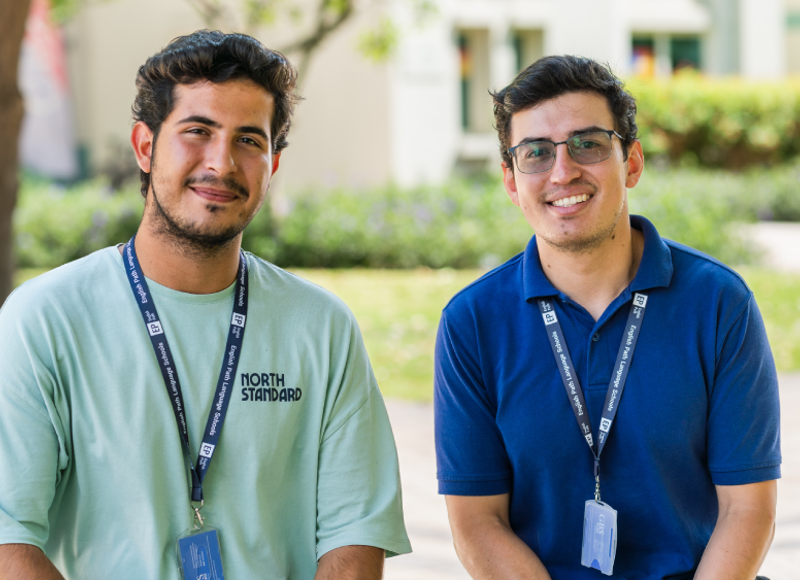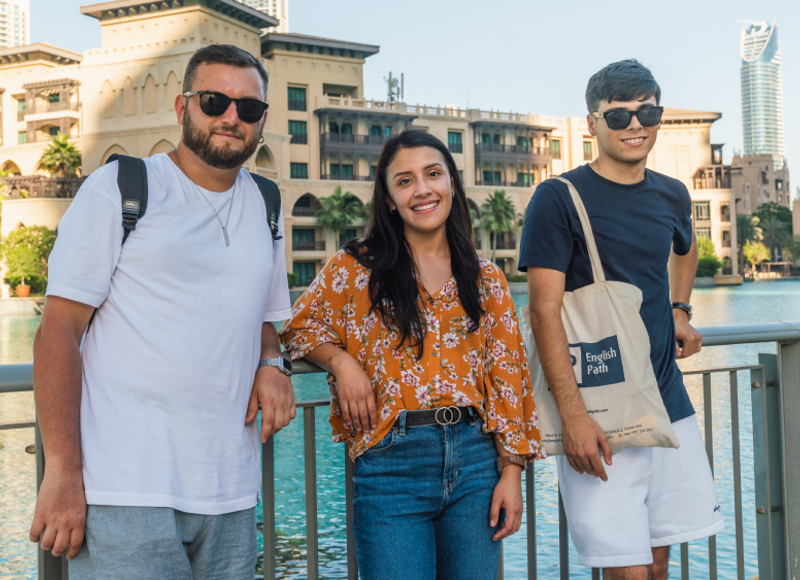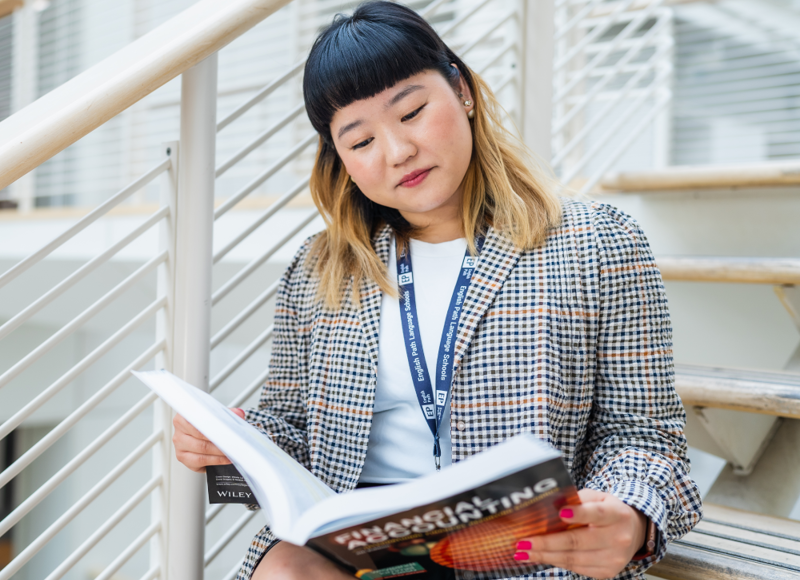
What do I need for entry to the UK?
This depends on whether you are a visa national or a non-visa national.
EEA & Swiss students are non-visa nationals
Check your visa status here
For courses of 6 months or less – visitor visa or visa on arrival
All nationalities
• You will enter the UK as a Visitor
• There are no limits on the number of courses you can study but they must be completed within the time of the permission granted
• You must have sufficient funds to cover your time in the UK
• Work (paid & unpaid), including voluntary work, is not permitted
• Any visitor who has come in on business or as a tourist can choose to then take an English language course while in the UK
• You must have a full passport to enter the UK
Non visa nationals
• You do not need to apply for a visa in advance
• There are no fees to enter the UK
• You may use the e-gates at the UK border. However, in the unlikely event that you are questioned, you should carry evidence demonstrating that you meet the entry requirements. Please have your immigration and enrolment letters from the school with you. If the school has not arranged your accommodation, please have your accommodation address confirmation ready to show.
Visa nationals
• Visa nationals need pre-entry clearance for a standard visit visa, so if you are a visa national you must apply for a Visitor Visa before you come to the UK
• A Standard Visitor visa costs £115 for up to 6 months. The earliest you can apply is 3 months before you travel.
You’ll need to provide the following information:
• The dates you’re planning to travel to the UK
• Details of where you’ll be staying during your visit
• How much you think your trip will cost
• Your current home address and how long you’ve lived there
• Your parents’ names and dates of birth (if known)
• How much you earn in a year (if you have an income)
• Details of any criminal, civil or immigration offences you may have committed
• You may also be required to supply further details depending on your case.
Your intentions will be assessed to check you are a genuine visitor.
You’ll be told what other documents and information to provide when you apply.
For more information visit this link
Click here to apply now for a Visitor Visa: Select your language
For courses of 7–11 months: short-term study visa
• All visa and non visa nationals (including EEA & Swiss nationals) applying to study for longer than 6 months will need to make an application before travelling
• You will need to apply for a short-term study visa for English language
• This route is for English language study only
• You must be 16 or older
• If you are aged 16 or 17 then parental consent is required
• You must have an offer letter (6-11 months duration) from EP.
• You can only study on the course for which permission has been granted
• Your course must be between 6 and 11 months long.
• You must have sufficient funds to cover your time in the UK
• Work (paid & unpaid), including voluntary work, is not permitted
• You must leave the UK within 30 days of the end of the course or at the end of 11 months, whichever is earlier
• You are not able to extend your visa
You’ll need to provide the following information:
• a current passport (with a blank page for your visa) or other valid travel document
• evidence that you can support yourself during your trip, for example bank statements or payslips for the last 6 months
• details of where you intend to stay and your travel plans - you should not pay for accommodation or travel until you get your visa
• evidence that you’ve paid your course fees or have enough money to pay them
• You may also be required to provide further information.
Documents about your course and accommodation
• You must provide written proof of the course you’re studying. For example, a letter of acceptance from EP stating the course’s name, duration and cost (including accommodation if you booked with EP)
• Check here for more information
Short-term study visa English language fees:
• Visa fee £200
• Health surcharge £776 (this charge gives you access to the National Health Service in case you have any medical needs whilst in the UK)
For more information on the short-term study visa for English language, click here
Apply
You must apply online before you come to the UK. The earliest you can apply is 3 months before you travel to the UK.
As part of your online application, you’ll need to book an appointment at a visa application centre to provide your documents and prove your identity.
Allow time to attend your appointment.
The visa application centre may keep your passport and documents while processing your application.
How long it takes to get a decision
Once you’ve applied online, proved your identity and provided your documents, you’ll usually get a decision within 3 weeks.
You may be able to pay to get a faster decision.
Apply online
You must apply online. Once you’ve started your application you can save your form and complete it later. Apply now
























